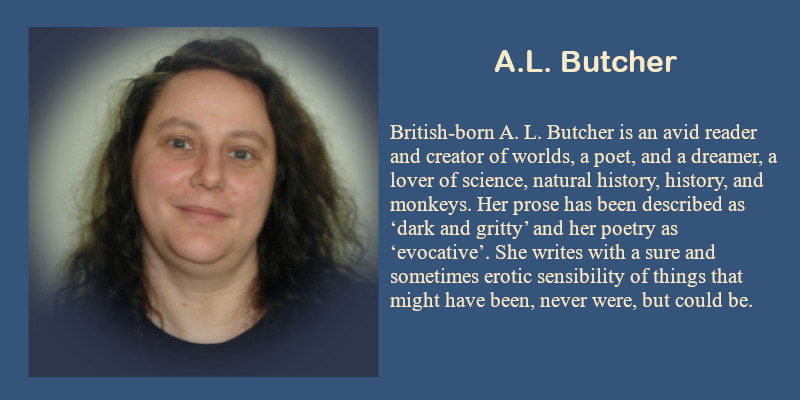A group of multi-genre authors blogging together
|
English is a curious, complex, and crazy language. Not least of which are the -nyms.
You may use these in everyday language and not give a second thought unless you’re like me – a wordsmith and amateur etymologist – and such curiosities intrigue you. Many of us have heard the term ‘Synonym’ – but what does it mean? Synonym A word or phrase that means exactly or nearly the same as another word or phrase in the same language, for example shut is a synonym of close. Examples: Shut / Close* Far / Distant Evil / Wicked / Bad / Malevolent Push / Shove Jump / Leap Create / Make Near / Close* *See examples below as Close (as in near) and Close (as in close a door) are also Homonyms. It’s likely you’ve used homonyms regularly but might not have been aware that’s what they were called. What is a Homonym? This is more complex – as there are several linguist concepts related to homonyms. Homographs -words that share the same spelling – regardless of meaning. Desert (arid region) and desert (to leave) Bark (the covering on a tree) and bark (the sound a dog makes) * This is also a homonym (as it sounds the same) Lime (the fruit) and lime (the chemical/material) Rose (the flower) and rose (to travel upwards) Tear (to rip) and tear (a drop of moisture from the eye) Heterophones – words that share the same spelling but are pronounced differently. Examples: Bow (as in bow tie, or violin bow or the weapon) and bow (as in bow of a ship or take a bow) * These are also Heteronyms as they pronounced differently. Row (as in row a boat or stand in a row) and row (as in argue with one’s spouse) *Also a Heteronym. Homophones – words that sound the same – regardless of spelling. Examples: Threw (as in threw a ball)/through (to pass through something) To (the place - go to somewhere)/Two (the number/amount)/Too (also – I want to come too) Their (Possessive – Their house, their dog etc/There (location – there is the house, there is the dog)/They’re (contract of they are). For (the ball is for Alex, the knife is for cutting) /Four (the number)/Fore (the front part/golfing term). Wind (the wind is blowing today)/wind (to wind up a watch) or windy – it is windy today/this road winds around the village. Antonym - Words with opposite meaning Examples: Add / Subtract Happy / Sad Open / Close Lie / Truth Contronym (also known as a Janus word) a word having two meanings that contradict one another (also contranym) – Merrium Webster definition called also antagonym, autoantonym, Janus word (Janus was the Roman god of doorways and portals – he was the chap with two faces). Examples: Aught – all or nothing, Cleave – to separate and to join together, Buckle – to fasten or secure and to bend/warp under pressure, Dust (verb)– to sprinkle with fine particles (such as dust a cake), or to remove fine particles (to dust a shelf), Overlook – to fail to see something, or to monitor or inspect, Fine – excellent or just good enough, Sanction – to approve or boycott. For further examples – check HERE Capitonyms Words that have the same spelling but different meanings if one is capitalized Polish (from Poland)/polish (to shine something) and Pole (citizen of Poland)/pole (a long piece of wood or metal) March (the month)/march (walk in step or border territory). August (the month)/august (respected) Turkey (the country)/turkey (the bird consumed at Christmas) Scotch (from Scotland)/scotch (the drink or to scotch a rumour) Frank (the name)/frank (honesty or to postmark a letter) Slough (the place)/slough (to shed the skin) Mass (the religious gathering)/mass (a large object/gathering) Confused? I’m not surprised. © A.L. Butcher
8 Comments
|
The OAGblog is closed due to problems with Blogger, therefore, the GBBPub is hosting the Author Gang on this website. We're a group of authors writing interesting posts weekly and interacting with readers.
If you're an authorCategories
All
Archives
July 2022
|
Copyright © Golden Box Books Publishing, 2015 New York, USA





















 RSS Feed
RSS Feed